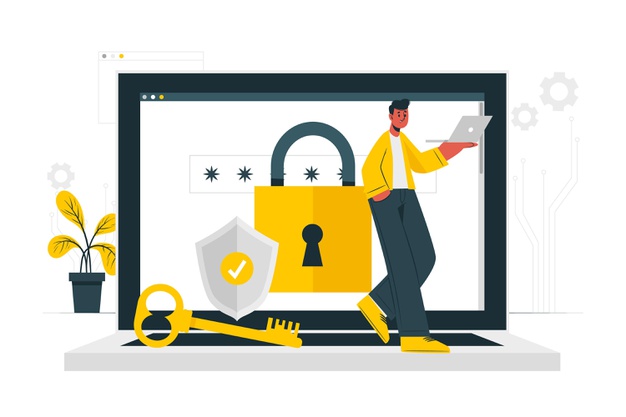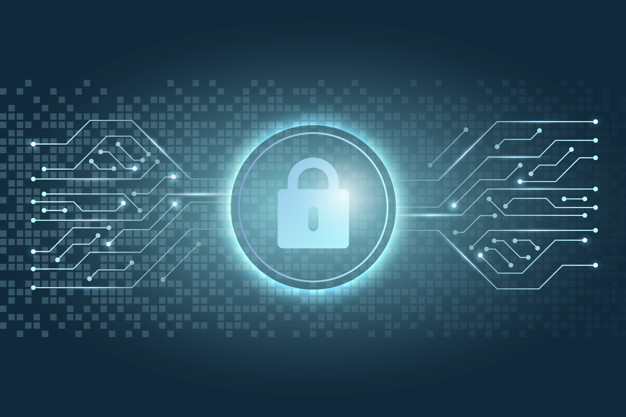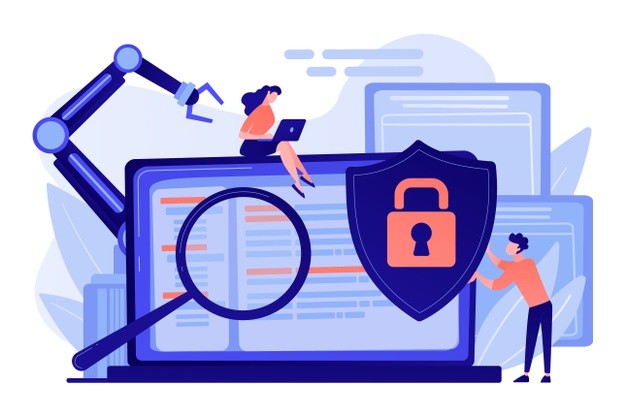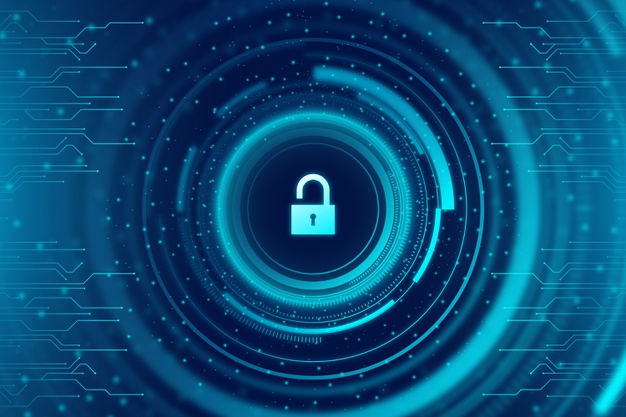
Over the past few years, the role of technology has become inseparable from business activities. Businesses today, whether large or small, have succumbed to the digital needs of their customers. Brick & mortars of yesterday have been converted into merchants for successful eCommerce stores. Others have also opened shops on the internet and are now trying to fulfill the needs of customers without having them physically visit the stores.
Work environments have also changed a lot. Gone are the days when much of the work was done on paper. No modern company uses memo-pads today. Most have shifted even their internal communications to the internet and are now using services like Microsoft Teams and Slack.
While the business world is increasingly becoming inseparable from technology, many are still unaware of the importance of cybersecurity. This is leading to some major problems for businesses.
The Consequences of a Data Breach

Data breaches are now more common than ever. According to estimates, a business loses around $200,000 on average from a single data breach. Many businesses have even been forced to go out of business after suffering the terrible consequences of a data breach.
And it’s not just businesses that are suffering. The customers who trust these businesses with their data have also suffered the wrath of cybercriminals. There have been so many cases where the personal data of customers was leaked online because of a data breach. Depending on the nature of the business, this data can include contact information, including emails and passwords, and can also include personal health data, or other information that was supposed to stay confidential.
Generating cybersecurity awareness to avoid these threats
A lack of cybersecurity awareness can lead to a terrible loss for your business. It is something that needs to be taken seriously. The importance of cybersecurity can be seen from the fact that losses from cybercrimes amounted to over $2 trillion in 2019. That’s a whole lot of money that is being passed to the wrong set of hands.
It is imperative that companies implement the right safeguards for their business. The following tips can help your business stay safe from cyber threats:
1. Don’t be Presumptuous
Most small and medium enterprises make the mistake of thinking that they don’t matter enough to warrant cybersecurity. They believe that since they’re too small, they wouldn’t be targeted by cybercriminals. However, the reality is just the opposite.
About half of all cybercrimes actually target small businesses. Why? Because cybercriminals are smart, and they know that these businesses don’t invest enough in cybersecurity. It’s easy money and they don’t mind taking it.
It is important to remember that no business is too small to avoid cybercrimes. As long as it has any sort of presence online, it can become a target for hackers.
2. Cybersecurity Audits

A good manager doesn’t make decisions based on gut feeling. He or she first collects data and identifies weaknesses and strengths before making decisions. The same method should be applied when it comes to enforcing cybersecurity in a company.
An effective way of ensuring safety from cyber threats is to perform audits and identify the weak spots in the existing cybersecurity system. Once the results arrive, only then should the decisions be taken on what policies to implement, what tools to use, and what trainings should be given in order to improve the cybersecurity of a business.
3. Establish Security Policies
Once the vulnerabilities in the cybersecurity structure have been identified, the next step is to set up policies in order to strengthen the cybersecurity structure. Security protocols need to be established that ensure the careful handling of important data. Moreover, these policies need to be properly explained to the employees so they can follow them properly in the right manner.
4. Assemble a Reliable Team

A reliable team of IT professionals can go a long way in ensuring that the company remains safe from cyber threats. It is true that most small businesses cannot afford an in-house IT team. However, through proper training and awareness, the existing employees can become pretty reliable at dealing with cyber threats.
5. BYOD Policies
Some companies follow the bring-your-own-device program. In such cases, it is important that the company sets up rules to implement personal security on devices. Each device should have a VPN service installed on their PCs and Macs to ensure safety on the internet.
It is necessary to go for a premium VPN service that’s based outside the Fourteen Eyes countries and boasts a huge server network (i.e PureVPN) because only these services offer reliable security to the consumers. Moreover, personal and work data needs to be kept separate at all times.
6. Employee Training

Many times, cybercriminals use simpler methods to steal important data. These happen in the form of phishing attacks that prompt the viewer into opening a link which then compromises the system. Through proper training, employees can learn to identify these mistakes and avoid doing something that can be harmful to their data.
7. Access Control
Businesses need to focus on establishing robust authentication mechanisms to protect their data and their network. Not every person should be allowed entry into the company’s network. All company-related devices and accounts need to have multi-factor authentication installed on them in order to ensure that only the authorized people can get entry, and that important information doesn’t get into the wrong hands easily.
In a nutshell…

Small businesses tend to get complacent when it comes to cybersecurity. They think they don’t matter enough to do something on the cybersecurity front. But they do matter, and cybercriminals know this. This is why half of all cyberattacks happen to smaller businesses.
But if a business takes matters into its own hands and follows the best security practices mentioned above, then it would go a long way in ensuring the safety of the business against cyberattacks.













